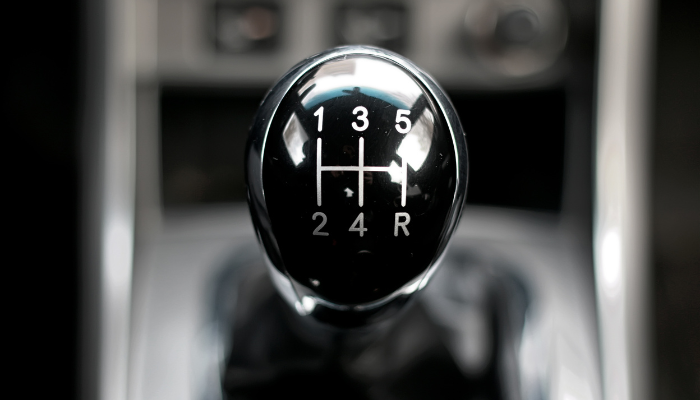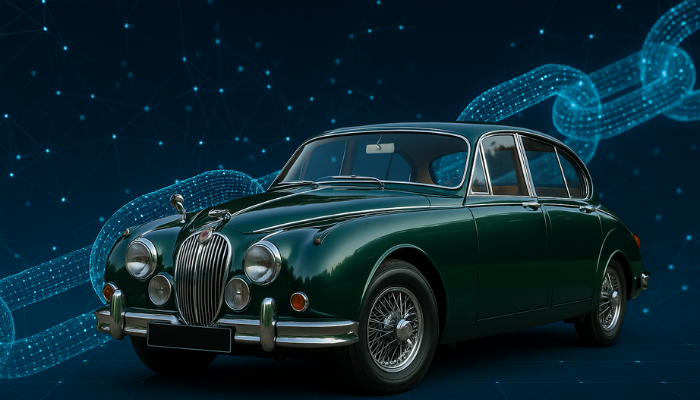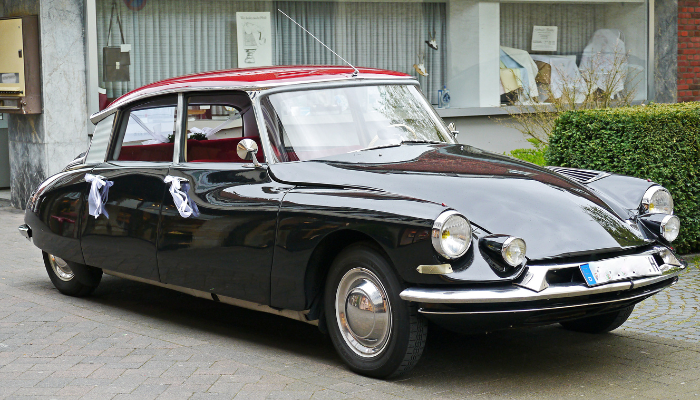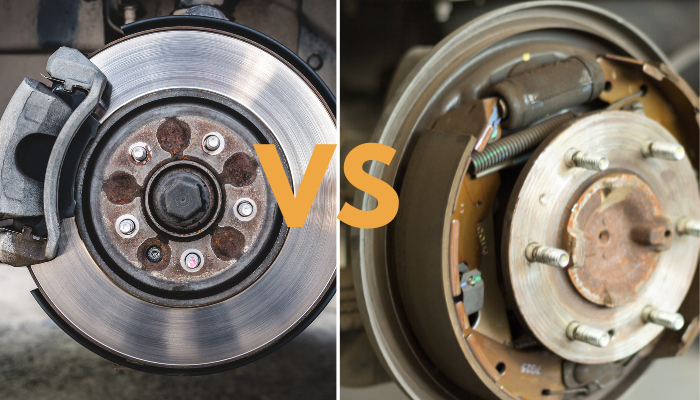It’s a conversation that crops up more and more these days: are manual gearboxes slowly but surely disappearing from our roads? For those of us who grew up with three pedals and a gearstick, it’s a bit of a tough pill to swallow. In the UK, only around 22% of new cars now come with a manual option, compared to a whopping 86% in 2000. That’s a dramatic shift in just over two decades. And it’s not just here in Britain, the same trend is sweeping across Europe and the United States. With automatic transmissions and electric vehicles becoming the standard in showrooms, a lot of car enthusiasts are wondering whether the beloved stick shift is on its way out for good.
A Cultural Shift: Manuals Are Out, Convenience Is In
Not so long ago, learning to drive meant mastering the clutch and gear changes. It was part of the rite of passage into adulthood. But times have changed. Most drivers now prioritise convenience, especially those navigating stop-start traffic or short urban commutes. Automatics have become more than just easier, they’re often safer and more fuel-efficient too. Thanks to tech like dual-clutch transmissions and CVTs, many automatics now match or even outperform manuals when it comes to emissions and economy.
Manufacturers have noticed. In fact, Hyundai’s European managing director recently commented, “Nobody wants manual gearboxes anymore.” That might sound a bit blunt, but the numbers back it up. A breakdown from Auto Express revealed that there are just 96 models still available with a manual gearbox in the UK, compared to over 400 automatic-only versions. Clearly, the market is shifting towards ease and efficiency over tradition.
Learning the Hard Way: Manuals Are No Longer the Norm
It’s not just car buyers changing their habits, learner drivers are too. Over the last ten years, the number of automatic-only driving test passes in the UK has risen by a staggering 283%. That means around one in five learner drivers now takes their test in an automatic car. And once you’ve passed in an auto, you can’t legally drive a manual without sitting another test.
Driving instructors are responding by switching their cars to automatics. For many new drivers, learning to use a clutch just doesn’t feel necessary anymore. As a result, gear shifting, once a core skill for any driver, is quietly slipping out of mainstream culture.
Electric Vehicles: The Final Nail in the Manual’s Coffin?
Then there’s the rise of electric vehicles, which don’t use multi-speed transmissions in the same way petrol or diesel cars do. Most EVs operate with a single-speed system, meaning there’s no need for gear changes or a clutch pedal. As EVs become more common, the shift to automatics becomes the default.
That said, a few brands are holding out. Ferrari has teased the idea of limited-edition stick shift models in their Icona line-up, and companies like Porsche and Aston Martin still offer manual versions of some cars, like the Vantage AMR. But let’s be honest, these are rare exceptions aimed at enthusiasts, not everyday buyers.
What Happens to Classic Cars If No One Can Drive Manuals?
So, what does all this mean for classic cars? Most of them came with manual gearboxes, and that’s a big part of their charm. If fewer and fewer drivers know how to use a manual, who’s going to be able to keep these vintage motors on the road?
We’re already seeing a gap form. Classic car ownership is a niche passion, and as automatic-only driving tests continue to rise, the pool of people legally allowed, or even interested, in driving manuals is shrinking. That could spell trouble for the future of vintage vehicles.
Will they just sit in garages, admired but never driven? Will enthusiasts be forced to convert them to automatics or even EVs to keep them usable? Or will the art of manual driving become a badge of honour for a select few who keep the tradition alive?
EV Conversions: A Lifeline or a Loss for Classic Manuals?
One solution that’s gaining popularity is converting classic cars to electric power. On the surface, it might sound like sacrilege, but it does make older cars more usable day-to-day. You don’t have to worry about emissions zones, unreliable cold starts, or finding specialist fuel. Some EV conversions even allow you to keep the original manual gearbox, which offers a nice balance between modern convenience and classic feel.
However, many purists argue that this ruins the character of the car. The smell of oil, the clunk of the gearstick, the vibrations from the engine, all those mechanical quirks are what make classic cars special. Replacing them with silent motors might make them easier to drive, but it also risks stripping away the soul of the vehicle.
There’s also the question of history. By converting a car to electric, are we preserving it, or rewriting it? For some, it’s a way to keep classics relevant. For others, it’s a step too far.
What That Means for the Future of Manuals
There’s no denying that manuals are on life support. They now account for less than 2% of global car sales. Although there’s been a tiny uptick in interest from niche markets, think Toyota Supra or the Jeep Wrangler, these are drops in the ocean.
Still, there’s something special about manuals. They’re raw, engaging, and analogue in a world that’s becoming increasingly digital. They offer a driving experience that’s about more than just getting from A to B. It’s no surprise they’re often compared to vinyl records, not always the most practical, but undeniably full of character.
A Choice Between Past and Progress
The decline of manual gearboxes is part of a much bigger story. Our driving habits are changing, shaped by technology, regulation, and lifestyle. While automatics and EVs bring undeniable advantages, many drivers still treasure the feel of a manual. Whether for nostalgia, skill, or pure enjoyment, manuals still have a place, even if that place is getting smaller.
If you’re someone who loves that feeling of being connected to the car through a clutch and stick, now might be the perfect time to hold on to that experience. Because in a few years, driving a manual might be more than a preference, it could be a rare privilege.







Leave A Comment